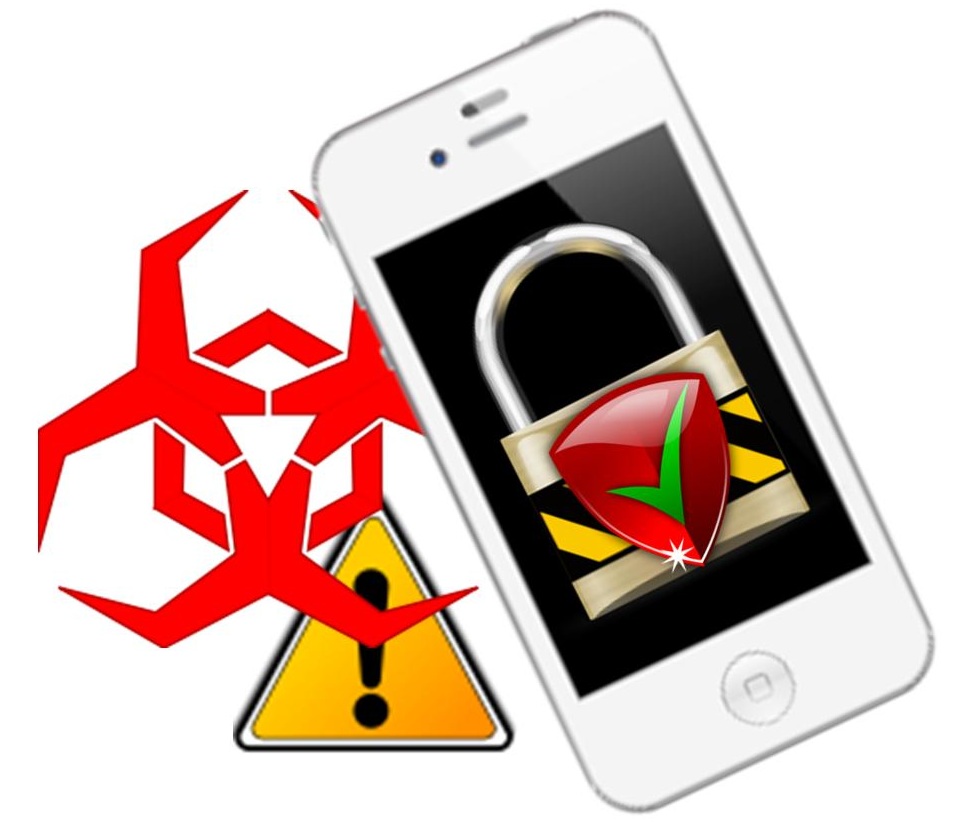The announcement of the purchase of the Israeli company has now been officially made.
Check Point Software Technologies has now officially announced the acquisition of the Israel based Lacoon Mobile Security business, following a slew of reports that had appeared throughout March.
Last month’s reports had suggested that the companies had been in talks for an $80 million purchase.
As of the writing of this article, the actual price of the sale of the mobile security company had not been released. That said, the deal has now officially closed and has been announced by the companies. This purchase of Lacoon will hand Check Point an important piece in the smartphone and tablet based security puzzle. This will allow it to step its offerings up from the standard mobile device management that is the foundation of many of its rivals. This, according to the vice president of business development at Check Point, Alon Kantor.
Adding mobile security to device management can provide an entirely new level to remote services.
 Typically speaking, mobile device management has to do with providing IT with control over a smartphone or tablet in a remote way, so that actions can be taken such as removing corporate data from a personal device if an employee should leave the business, or even completely wiping a stolen phone.
Typically speaking, mobile device management has to do with providing IT with control over a smartphone or tablet in a remote way, so that actions can be taken such as removing corporate data from a personal device if an employee should leave the business, or even completely wiping a stolen phone.
What makes Lacoon unique is the way in which it looks at mobile device security. Kantor described it by saying that “MDM manages the devices and the applications while the Lacoon solution is about securing these devices and blocking advanced mobile threats such as malware, [advanced persistent threats] or targeted network attacks.”
This functions with both Android and iOS based devices. It collects data with regards to threats and then complements any other existing security infrastructure that a company has put into place. This could provide Check Point with a very powerful mobile security tool, according to Constellation Research principal, R. Ray Wang. He explained that instead of having to depend on the reaction of MDM to a threat to security, once it has already happened, Lacoon protects proactively to protect against the attacks in the first place.
The company has focused this new release on increased levels of visibility and control with advanced threat protection.
One of the industry leaders in secure direct to cloud network for global advanced protection and policy enforcement, Zscaler, has just announced the release of its new mobile security solution.
This release has widened the Zscaler Network benefits in a number of ways that they believe are highly important.
The benefits of the network are now broadened to include centrally managed advanced mobile security threat protection, in addition to real time visibility and granular policy controls for smartphones and tablets that have been implemented as a part of environments that are BYOD, corporate issued, or hybrid.
The company also announced new mobile security partnership with Mobile Device Management (MDM).
 They explained that this helps with mobile security integration in order to complement auditing and provisioning capabilities. According to the Zscaler CEO and founder, Jay Chaudhry, “Security appliances have become irrelevant in securing mobile users since mobile traffic and cloud applications often bypass appliances completely.”
They explained that this helps with mobile security integration in order to complement auditing and provisioning capabilities. According to the Zscaler CEO and founder, Jay Chaudhry, “Security appliances have become irrelevant in securing mobile users since mobile traffic and cloud applications often bypass appliances completely.”
He went on to state that MDM solutions were only the first step that has been taken to better configure and manage smartphones and tablets and that Zscaler is the natural path ahead for providing mobile security through the inspection of all content over these devices, policy enforcement, and making certain of visibility.
IDC has stated that a top mobile security concern among 68 percent of organizations that are IT controlled is malware. Zscaler’s own research suggests that browsers generate under 40 percent of traffic over smartphone and tablet devices. In fact, the largest amount of traffic comes from apps.
This means that a sizeable share of the mobile security risk comes from apps on these devices through the access and communication to third party servers of the location of the user, his or her device type, data from contact lists, and information from calendars. Though it was the internet through browsers that was once the greatest concern, when only desktops and laptops were being used, apps have changed the landscape for protecting devices against digital threats and risks.
 Typically speaking, mobile device management has to do with providing IT with control over a smartphone or tablet in a remote way, so that actions can be taken such as removing corporate data from a personal device if an employee should leave the business, or even completely wiping a stolen phone.
Typically speaking, mobile device management has to do with providing IT with control over a smartphone or tablet in a remote way, so that actions can be taken such as removing corporate data from a personal device if an employee should leave the business, or even completely wiping a stolen phone.
 They explained that this helps with mobile security integration in order to complement auditing and provisioning capabilities. According to the Zscaler CEO and founder, Jay Chaudhry, “Security appliances have become irrelevant in securing mobile users since mobile traffic and cloud applications often bypass appliances completely.”
They explained that this helps with mobile security integration in order to complement auditing and provisioning capabilities. According to the Zscaler CEO and founder, Jay Chaudhry, “Security appliances have become irrelevant in securing mobile users since mobile traffic and cloud applications often bypass appliances completely.”